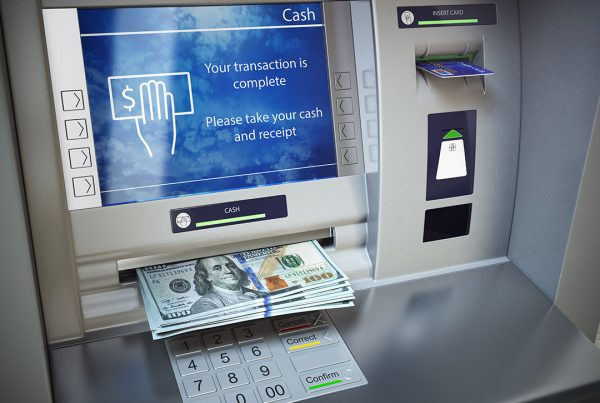Cash suppression is the act of delaying or restricting or preventing a customer or the bank from having value for a transaction that has been executed by the bank employee within the stipulated time. Cash suppression is a well-known type of bank fraud perpetrated by bank employees.
Some Types of cash suppression
- Teller cash suppression: There are two forms of Teller cash suppression. The first one is where a teller intentionally decides not to credit a customer account with the cash received within the stipulated time or never. The second is where a teller gives out part of the bank’s cash received for the day either from the vault or customers to third parties to trade with the money without any documentation. This is usually done in the morning and the cash returned before close of business to enable the teller to balance. It could be either account holders or non-account holders, but account holders are normally used since they are known to the bank
- Initial deposit suppression: Almost all bank accounts opened today require initial deposit. Some cash meant for initial deposit are not deposited until the customer detects. Sometimes only part of the actual cash received is deposited into the account.
How to protect yourself from deposit suppression
- Always be cautious on where and to who payments should be made.
- Check on your loan and bank accounts for updates
- Do not leave your cash with the Agents when informed that the system is unavailable.
- Register for SMS alerts with the Bank to receive prompt messages upon any account transactions



